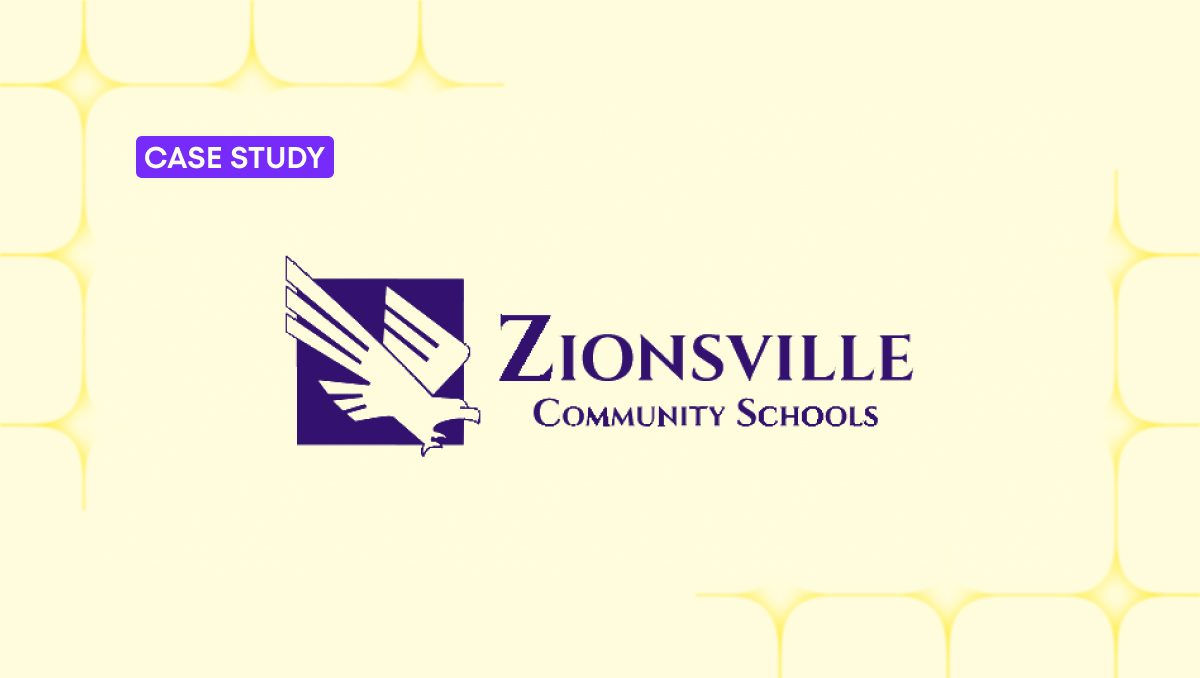



District
Location
Students
Products
Key Features
Background
Zionsville Community Schools, located in Indiana, is committed to preparing students for a rapidly changing world. As part of this mission, the district set out to find a solution that would give teachers valuable time back, support differentiated instruction, and responsibly introduce students to AI.
Kyle Beimfohr, a longtime Digital Learning Coach at Zionsville, led the district’s search. After evaluating several platforms using a rubric focused on data privacy, classroom impact, and teacher efficiency, the district selected MagicSchool. They secured a digital learning grant from the state of Indiana to fund its implementation.
Challenges
Teachers at Zionsville, like those across the country, faced persistent challenges related to time and instructional differentiation.
“One of our biggest challenges: teachers say, 'I just don't have enough time,’” Beimfohr shared. “How do I find time to differentiate my instruction? How do I have time to analyze data?”
Rather than ignoring AI, Zionsville made the intentional choice to embrace it within a guided, safe environment. The goal was to create a "walled garden" where students could learn to use AI responsibly — gaining skills that would give them an edge in the future workforce.
Equity was another driving factor.
“Some kids go home to parents who can help revise their papers. Others go home to an empty house,” Beimfohr explained. “We needed a way to give every student the same type of feedback and support.”
Solutions
Zionsville rolled out MagicSchool with a phased approach designed to build confidence and maximize impact:
- First Semester: Focus on teacher adoption. Teachers used the MagicSchool dashboard to save time on lesson planning, rubric creation, writing feedback, and more.
- Second Semester: Expand use to students, integrating MagicSchool's tools for instant feedback, character chatbots, and differentiated learning experiences.
One standout example came from a sixth-grade World War II research project. Students used MagicSchool’s character chatbot to "interview" historical figures. One student chose a German fighter pilot — and when the AI responded in German, it sparked a deeper classroom discussion about historical context, communication, and perspective.
In another lesson, fourth graders reading George vs. George engaged with AI-generated characters of George Washington and King George III. These conversations helped students better understand different perspectives during the Revolutionary War, leading to powerful classroom insights.
Beimfohr also highlighted how MagicSchool’s built-in digital literacy prompts supported critical conversations:
“We’re spending a lot of time with teachers saying, ‘Don’t just have students click past the popup. There’s valuable information there about different perspectives, about maintaining your voice, and protecting personal information.’”
Finally, the partnership with MagicSchool stood out:
“They've been willing to say, 'What can we do to help you?’ That’s not something you always see in education.”
Through thoughtful implementation of MagicSchool, Zionsville Community Schools is giving teachers time back, leveling the playing field for students, and helping build the digital literacy skills students will need to succeed in the future.
To catch more coverage of Zionsville's implementation of MagicSchool, check out this news report from WTHR.
.png)











